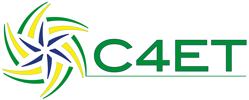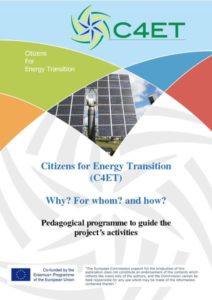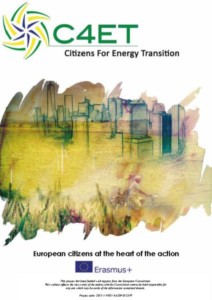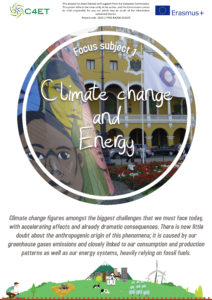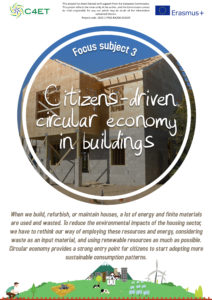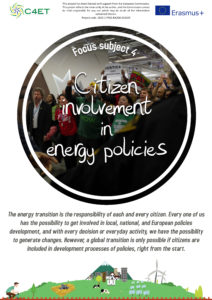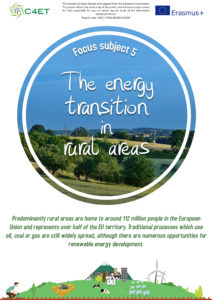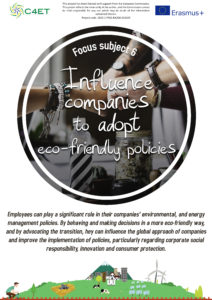The C4ET project
Our pedagogical programme
This pedagogical programme provides a detailed structure that guided the development of pedagogical materials and tools under the Erasmus + project, Citizens for energy transition (C4ET).
From the very beginning of the project, the project’s consortium decided to make this document public and available online. The main reason behind this decision is the willing to share thoughts and approaches on how to educating and raise awareness of Europeans adults. Through this, the C4ET team intends to contribute to the construction and development of an inclusive process, built on the mix of cultures, experiences and skills at European levels.
This document thus aims to foster mutual understandings on how to develop innovative education materials towards citizens, not only between the project’s partners but also at a wider scale between organisations engaged in similar initiatives. The final objective of this document, which remains open to any suggestions, is to contribute to enrich these initiatives and scale them up in other sectors.
Objectives of the project
General objectives:
- Raise European citizens’ awareness on the energy transition
- Contribute to a development that is sober in energy and carbon
- Reinforce skills and competencies of adult in the field of energy transition
- Help citizens to identify the energy transition as an opportunity, for example in terms of job opportunities
Specific objectives:
- Identify existing practices and methods in Europe for raising awareness and for training citizens on the energy transition
- Improve and extend these practices and methods
- Increase the number of CSOs and other stakeholders providing training and educational activities on the energy transition towards citizens
- Encourage the creation of a network of relevant stakeholders involved in citizen education on the energy transition
- Reinforce skills of CSOs and other stakeholders involved or interested in the field of educating citizens on the energy transition
- Reinforce skills of European citizens in the field of the energy transition.
Methodology
To reach these objectives, the project first identified existing educational practices at national level (in each of the six countries represented by the project). It then builds on these to provide innovative and pedagogical materials designed to reach (directly or indirectly) European’s adults citizens, help them to feel concern about the energy transition, to reconsider their behaviour in lights of the information provided and to encourage them to move towards sustainability.
Target beneficiaries
The direct targets for the project are:
- Civil Society Organizations (CSOs) and other stakeholders engaged in the education of citizens
- CSOs active or interested in raising awareness on general issues related to our development models (consumer associations…)
- Adult citizens
- Final target publics are European adults citizens.
Partners
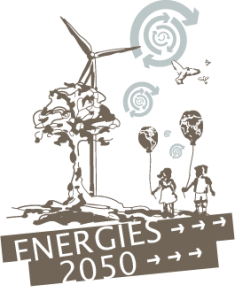
ENERGIES 2050 (FRANCE)
ENERGIES 2050 is a non-profit association working exclusively in the public interest. ENERGIES 2050 intervenes in France and abroad on issues related to sustainable development, climate change, and environmental and energy challenges. The non-profit association is committed to the implementation of the Great Transition, whether the energy transition or the setting in motion of a more humane, plural and united society, supporting peace, and respectful of the common goods of mankind. To date, ENERGIES 2050 federates citizens, experts and partners of more than sixty nationalities and implements innovative and concrete projects in more than thirty countries. The non-profit organization aims, among other, to put in place an energy approach in accordance with the principles of eco-development at the very core of citizen action by promoting energy demand management and the development of renewable energy.
Role in the project: ENERGIES 2050 is in charge of the overall performance in terms of good management, financial and economic conduct and quality assurance. It leads the project development, contributing to the project contents and involving the required target groups. It is also leader in dissemination activities.
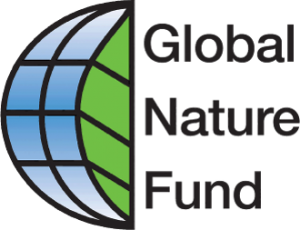
Global Nature Fund – GNF (GERMANY)
The Global Nature Fund (GNF) is an international non-governmental, non-profit organisation based in Germany. In 1998, GNF established the international lake partnership Living Lakes with the aim to protect lakes and wetlands worldwide and to promote sustainable development in lake regions, including use and sources of energy. The network comprises more than 100 organisations working in 80 countries and engage in protecting more than 120 lakes and wetlands around the world. Further expertise lies in the field of Business and Biodiversity, where the GNF leaded the European Business and Biodiversity Campaign (LIFE+ project) and is now active in ecosystem services and natural resource. The Global Nature Fund has initiated and conducted various projects in the field of energy transition, mainly but not exclusively in developing countries and works in a close cooperation with other organisations and institutions in the field of environmental protection/energy transition.
Role in the project: GNF is responsible for activities related to the quality of the project, so that this ensures an independent consideration of evaluation of project management quality and intellectual outputs.

Homegrade (BELGIUM)
Homegrade is a non-profit association aiming to inform on housing and its sustainable rehabilitation. It offers individuals in the Brussels-Capital Region integrated services in the fields of eco-construction, heritage, energy, acoustics, town planning and circular economy. Homegrade is the expertise of a team of 40 people which carries out diagnostic visits at home, runs a public information counter, develops popularization tools, organizes conferences and training courses.
Homegrade (the former Centre Urbain) has developed expertise in European exchange programmes related to the issues of energy transition and energy education.
Role in the project: Homegrade is in charge of developing the « Educational programme and best-practice exchange through the axes of mobility » and the implementation of the activities in Belgium.
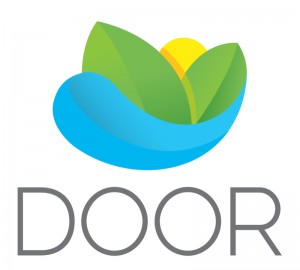
Drustvo Za Oblikovanje Odrzivog Razvoja – DOOR (CROATIA)
DOOR’s mission is to promote the principles of sustainable development in all segments of society, at the local, regional and national level, primarily in the field of energy. DOOR’s vision is a society competent in the sustainable energy field, in which the public takes part in delivering, monitoring and evaluating public policies, and where energetics plays an important role in social, economic and ecological development and decrease in poverty. DOOR has extensive experience and expertise in renewable energy sources and energy efficiency measures – the two pillars of the sustainable energy. DOOR regularly organizes awareness raising and educational events with multisectoral participation and it promotes dialogue among interested stakeholders of different backgrounds. One of DOOR’s goals is to encourage communication between the civil society organizations and energy experts (institutes, companies and ministries) to train the public in making decisions related to energy and environmental protection. DOOR has participated in many European projects and a number of local and national projects dealing with sustainable use of energy.
Role in the project: DOOR is the leader of the “State of the art and training needs analysis” axis.
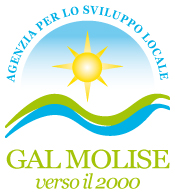
Molise version il 2000 –LAG (ITALY)
Molise verso il 2000 scarl, is a local development agency that works to support and promote sustainable development, the economic, social, business and employment in the Molise region in line with the objectives of the EU, of the national, regional and local governments development plans. LAG has a lot of expertise and experiences in this business and usually uses a variety of methods such as: meetings with target groups, website, newsletter, mailing list, local media, and social network. As examples of excellence, LAG uses national networks credited as the National Rural Network and the association of “Italian authentic villages.” Molise verso il 2000 have also strong experience in many projects related to awareness raising for energy transition. Among its activities we can mention: Implementation of a campaign of dissemination initiatives and information on the issues of sustainable development, energy efficiency and savings, affirmation of a new lifestyle, information on calls and incentives. Organization of inter- laboratory for eco- innovation (seminars, workshops, participation in trade fairs and exhibitions industry, guided tours for companies, technicians and administrators)…
Role in the project: Molise is in charge of developing the concept for the testing events as well as the evaluation questionnaires – in collaboration with GNF as quality manager – regarding the ‘Testing pedagogical materials’ axis. Molise will also manage the event concept and the feedback.
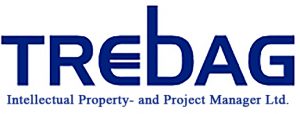
Property and Project Management Ltd – TREBAG (HUNGARY)
TREBAG Property and Project Management Ltd. (TREBAG) is a small SME in Hungary (close to Budapest) who has been doing Erasmus, lifelong learning (LLL) and other EU projects for more than 10 years. The activities of TREBAG have a multidisciplinary character ranging from project foundation to the implementation of results and dissemination. The scope of these activities includes development of vocational training materials and methodologies including e-learning; implementation of technology transfer and innovation chain management and technology transfers, organization and management of various R&D projects, web development and design, R&D and management consultancy among others.
TREBAG has and had several projects on non-formal education and has strong capacities in dissemination at a range of levels: local; regional; national and EU. Based on the previous projects, the company has relevant experience in participating handbook-guide –manual writing.
Role in the project: TREBAG is in charge of the ‘Innovative pedagogical material and accompanying guide’ axis, which is the core output of the project.
